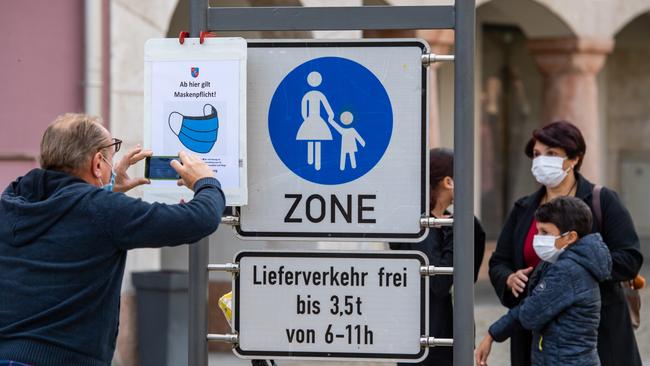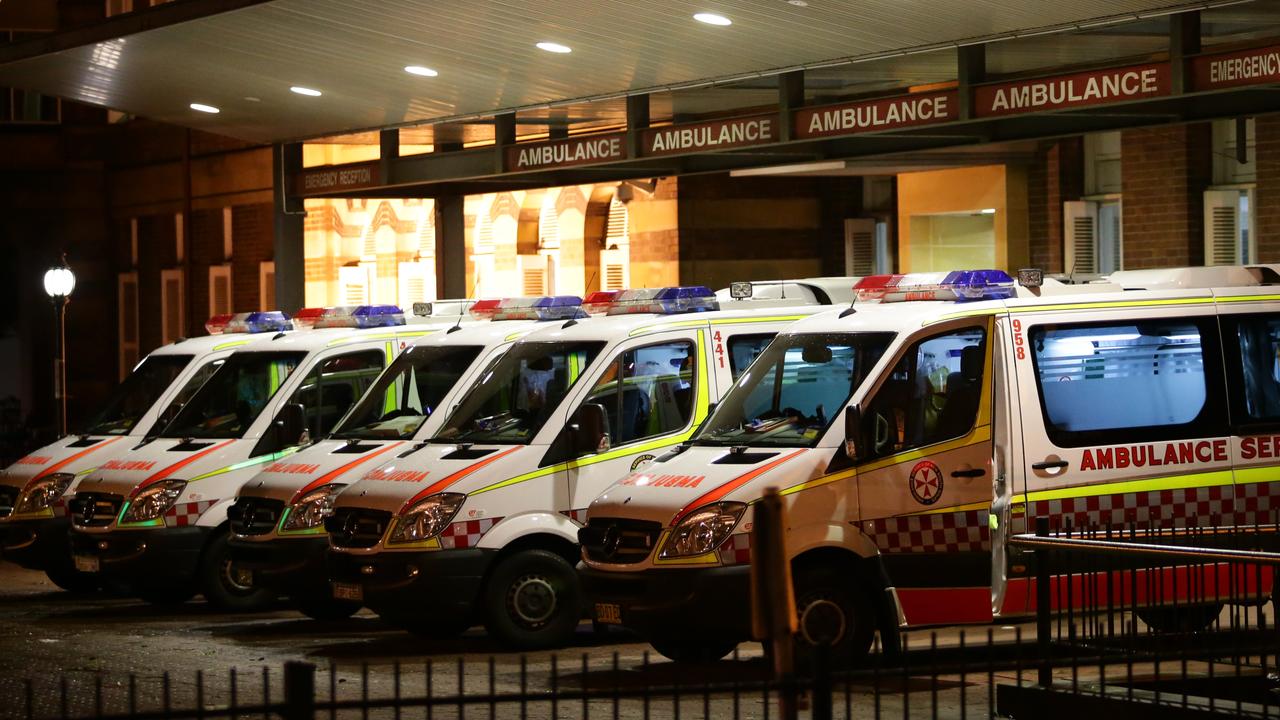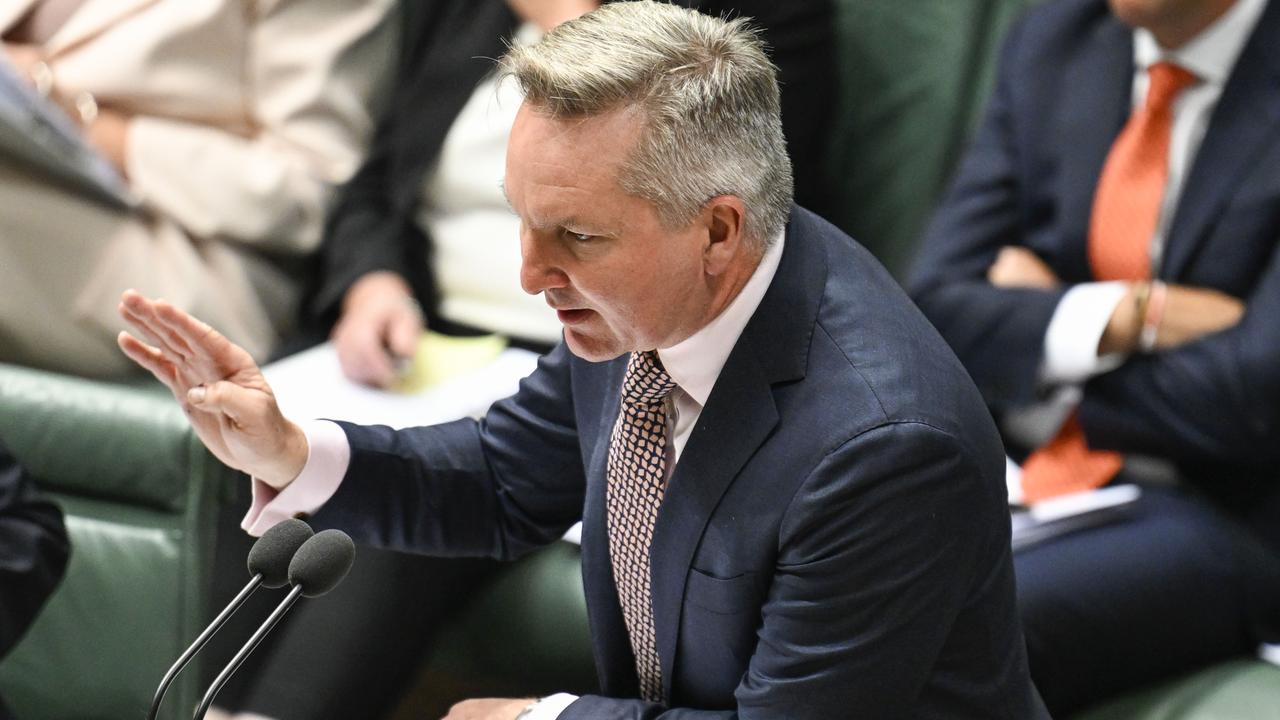Coronavirus exposes limits of ‘the science’

At the beginning of October, three eminent epidemiologists from Harvard, Oxford and Stanford issued the Great Barrington Declaration decrying the “devastating effects on short and long-term public health” caused by lockdowns and calling for countries to focus on protecting the most vulnerable while leaving the rest of us to get on with our ordinary lives.
In response, a larger group of only slightly less eminent epidemiologists issued the “John Snow Memorandum”, characterising the focused protection strategy “a dangerous fallacy unsupported by scientific evidence”. That may be so. But if it is, Harvard, Oxford and Stanford have got a lot of splainin to do.
With combined endowments of about $111bn, Harvard, Oxford and Stanford could swallow the Group of Eight universities and still have pocket change for CSIRO, the National Health and Medical Research Council and St John Ambulance. If they can’t afford the best professors, who can? Either the science is out on this one, or the system of academic tenure is even more broken than anyone imagined.
Whether the issue is coronavirus, climate change, gender dysphoria or the Great Barrier Reef, we mere mortals are inevitably exhorted to listen to “the science”. And this despite the fact the science still can’t say for sure whether or not it makes sense to wear a face mask in public — 10 months into a pandemic. No doubt the science will give us the answer just in time for next year’s giant asteroid collision or the supervolcano eruption that blots out the sun.
Science has a reputation for precision and infallibility, but in reality science can only definitively answer two kinds of questions: mathematical ones and experimental ones. If you want proof that gravity warps the fabric of space-time, just ask the science and the equations will follow. Similarly, if you can frame your question as something that can be tested in the laboratory under fully controlled conditions, the science will give you the effect size, significance level, statistical power, hook, line, and sinker.
Yet when it comes to public health, mathematical calculations of the speed of diffusion of droplets following a sneeze and experimental tests of the effectiveness of surgical mask partitions protecting cute little hamsters in adjoining cages tell us very little about whether a homemade leopard-print mask with the glued-on whiskers will protect you in the supermarket.
In Denmark, the University of Copenhagen conducted a large-scale clinical trial of the effectiveness of surgical masks for preventing the spread of coronavirus in the real world by recruiting 6000 participants and randomly assigning half to wear masks and the other half to go maskless. The study has reportedly been completed, but the researchers have so far declined to release the results. Another Danish team is carrying out an even larger sample experiment in Guinea-Bissau, in sub-Saharan Africa.
Both studies are providing high-quality bilayer masks and training the experimental subjects in how to wear them properly. Thus, although they may tell us that masks can be made to work, they cannot assure us that masks do work under real-life conditions. And if masks don’t work, they may not tell us at all. Publication bias is rife in coronavirus research, as in all forms of science, and results that don’t conform to the politics of the researchers are often simply shelved.
None of this should be taken to minimise the importance of science. Science has given us antibiotics, refrigeration and the perpetual motion globe that uses solar energy and the power of the Earth’s magnetic field to spin forever with no batteries required. It has also given us incredible insights into the coronavirus, how to protect ourselves from it, and hope for an effective vaccine against it. We should absolutely have faith in science to rescue us from our predicament.
But in the meantime, “the science” can’t tell us how many people should be allowed to attend a religious service, how many kilometres you can travel for shopping, or even whether children should go to school. Are the elderly better off in containment bubbles, where the Great Barrington group want to protect them, or locked down with everyone else, listening to the John Snow people? The science can’t tell us because these are not scientific questions. They are political ones.
The pandemic has brought into sharp focus a reality many people are reluctant to face: we can’t turn to science for answers to political questions. How many jobs should Australia sacrifice to make a symbolic statement about its commitment to fighting climate change? Should children be allowed, chemically and physically, to change their sexual characteristics, or even be given medical assistance to end their lives? What’s more important: coral or coal?
Science offers many valuable insights on these kinds of questions and we should certainly take them into consideration. But ultimately the decisions must be ours. So by all means, appeal to science — but never to “the science”. Contrary to what anyone may say, the science is only settled on very narrow questions of interest to specialists. For everything else, it’s not the science that rules our lives. It’s the politics. And that’s always up for debate.
Salvatore Babones is an associate professor at the University of Sydney and the author of The New Authoritarianism: Trump, Populism, and the Tyranny of Experts.


